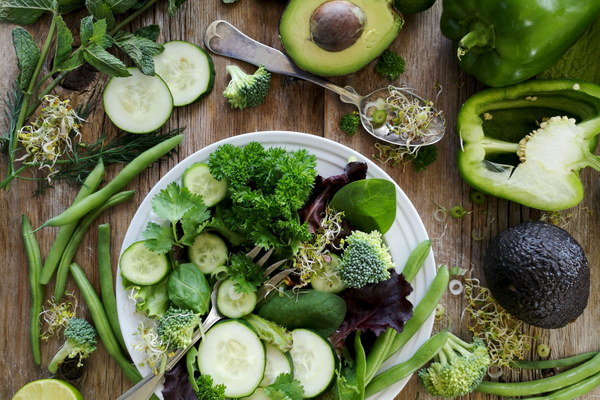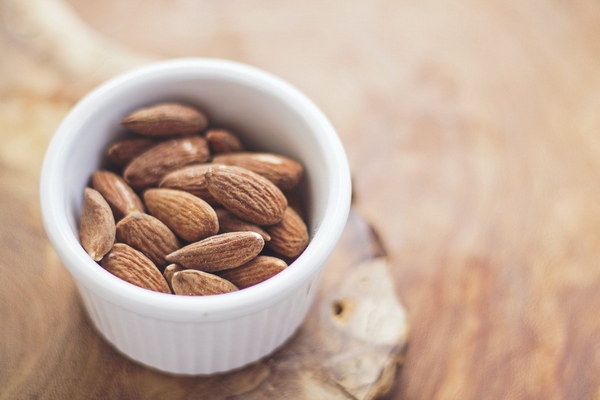Easing Body Aches A Comprehensive Guide to Acute Pain Relief and Dietary Therapy
Introduction:
Experiencing body aches can be quite daunting, especially when they seem to stem from no discernible cause. Whether it's due to overexertion, stress, or underlying health conditions, finding effective ways to alleviate these aches is crucial. This article provides a comprehensive guide to managing body aches, focusing on both holistic remedies and dietary therapy to help you find relief and improve your overall well-being.
1. Understanding Body Aches
Body aches can manifest as a general sense of discomfort or localized pain, and they can be caused by various factors. It's essential to identify the root cause of your aches, as this will help determine the most appropriate treatment approach. Common causes of body aches include:
- Muscle strain or overuse
- Stress and anxiety
- Poor posture
- Nutritional deficiencies
- Chronic conditions, such as fibromyalgia or arthritis
2. Holistic Remedies for Body Aches
In addition to dietary therapy, there are several holistic remedies that can help alleviate body aches:
- Rest: Give your body the chance to recover by getting adequate rest and avoiding activities that may exacerbate your symptoms.

- Heat and cold therapy: Apply heat or cold packs to the affected area to reduce inflammation and soothe sore muscles.
- Stretching and exercise: Gentle stretching can help relieve muscle tension, while regular exercise can improve overall muscle strength and flexibility.
- Massage: A therapeutic massage can help relax tense muscles and improve blood circulation.
3. Dietary Therapy for Body Aches
Dietary therapy plays a crucial role in managing body aches. Here are some key tips to help you incorporate pain-relieving foods into your diet:
- Omega-3 fatty acids: These healthy fats have anti-inflammatory properties and can help reduce muscle soreness. Incorporate fish like salmon, mackerel, and sardines, as well as flaxseeds, chia seeds, and walnuts into your diet.
- Vitamin D: This nutrient is essential for bone health and can help alleviate pain associated with conditions like arthritis. Increase your intake of fortified foods, such as milk, orange juice, and cereals, or spend time outdoors to get natural sunlight exposure.
- Magnesium: Magnesium is a natural muscle relaxant and can help alleviate muscle soreness. Include magnesium-rich foods like almonds, cashews, legumes, and dark leafy greens in your diet.
- Turmeric: This spice contains curcumin, a compound with potent anti-inflammatory properties. Add turmeric to your cooking or consider taking a turmeric supplement for pain relief.
- Hydration: Staying hydrated is crucial for overall health and can help alleviate muscle aches. Aim to drink at least 8 cups (64 ounces) of water per day.
4. Additional Tips for Managing Body Aches
Here are some additional tips to help you manage body aches more effectively:
- Maintain a balanced diet: A well-rounded diet can provide essential nutrients that support your body's ability to recover from muscle soreness.
- Limit caffeine and alcohol: Both substances can dehydrate your body and exacerbate pain symptoms.
- Manage stress: Stress can contribute to muscle tension and soreness. Practice stress-reducing techniques such as mindfulness, meditation, or yoga.
Conclusion:
Body aches can be a significant source of discomfort and pain. By incorporating holistic remedies and dietary therapy into your pain management strategy, you can find relief and improve your overall well-being. Remember to consult with a healthcare professional if your body aches persist or worsen, as they can provide personalized guidance and treatment options tailored to your specific needs.









